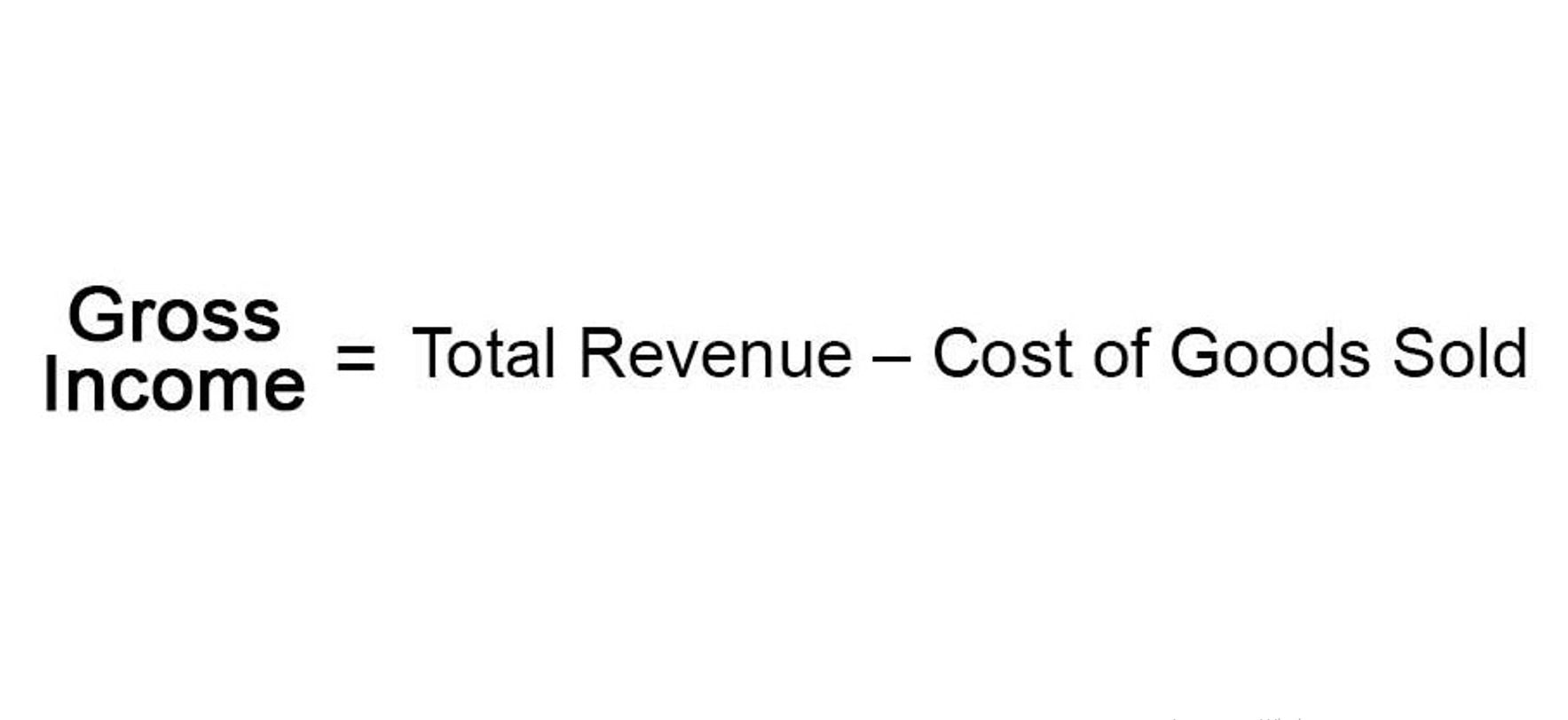
The Accounting and Finance curriculum is designed to provide students with the knowledge and the skills necessary for employment and growth in the accounting profession. Accountants assemble and analyze, process, and communicate essential information about financial operations. CTE V-Codes are tied to the certification code and dictate the courses that a teacher is certified to teach. The teachers’ education or industry experience is reviewed to determine the V-codes for certification. The purpose of the Classification of Instructional Programs (CIP) is to provide a taxonomy that will support cip accounting the accurate tracking, assessment, and reporting of fields of study and program completions activity. Below you’ll find Career and Technical Education (CTE) Classification of Instructional Programs (CIP) Codes and Vocational codes (V-code).
- Related skills are developed through the study of communications, computer applications, financial analysis, critical thinking skills, and ethics.
- Graduates should qualify for entry-level accounting positions in many types of organizations including accounting firms, small businesses, manufacturing firms, banks, hospitals, school systems, and governmental agencies.
- As a standard practice, I-20s are issued for 3 years for graduate students to allow enough time to complete their program without needing to request a program extension.
- With work experience and additional education, an individual may advance in the accounting profession.
- Accountants assemble and analyze, process, and communicate essential information about financial operations.
- This instructional program class comprises any program that prepares individuals to practice the profession of accounting and to perform related business functions.
Master’s & Doctoral Programs and Respective CIP Information
- Below you’ll find Career and Technical Education (CTE) Classification of Instructional Programs (CIP) Codes and Vocational codes (V-code).
- The Accounting and Finance curriculum is designed to provide students with the knowledge and the skills necessary for employment and growth in the accounting profession.
- Meeting regularly with your academic advisor throughout your program will help you stay on track to finish your degree program within a reasonable timeline.
- The purpose of the Classification of Instructional Programs (CIP) is to provide a taxonomy that will support the accurate tracking, assessment, and reporting of fields of study and program completions activity.
- CTE V-Codes are tied to the certification code and dictate the courses that a teacher is certified to teach.
- The teachers’ education or industry experience is reviewed to determine the V-codes for certification.
As a net sales standard practice, I-20s are issued for 5 years for undergraduate students to allow enough time to complete their program without needing to request a program extension. Graduates should qualify for entry-level accounting positions in many types of organizations including accounting firms, small businesses, manufacturing firms, banks, hospitals, school systems, and governmental agencies. With work experience and additional education, an individual may advance in the accounting profession.

Vocational credit hours/Clock Hours Programs
At Minnesota State University, and most U.S. institutions, individual departments are responsible for taking an inventory of their program requirements and matching it to the CIP Code that best aligns with the program requirements.
CIP Codes

This instructional program class comprises any program that prepares individuals to practice the profession of accounting and to perform related business functions. In addition to course work in accounting principles, theories, and practice, students will study business law, finance, and economics. Related skills are developed through the study of communications, computer applications, financial analysis, critical thinking skills, law firm chart of accounts and ethics. As a standard practice, I-20s are issued for 3 years for graduate students to allow enough time to complete their program without needing to request a program extension. Meeting regularly with your academic advisor throughout your program will help you stay on track to finish your degree program within a reasonable timeline.






